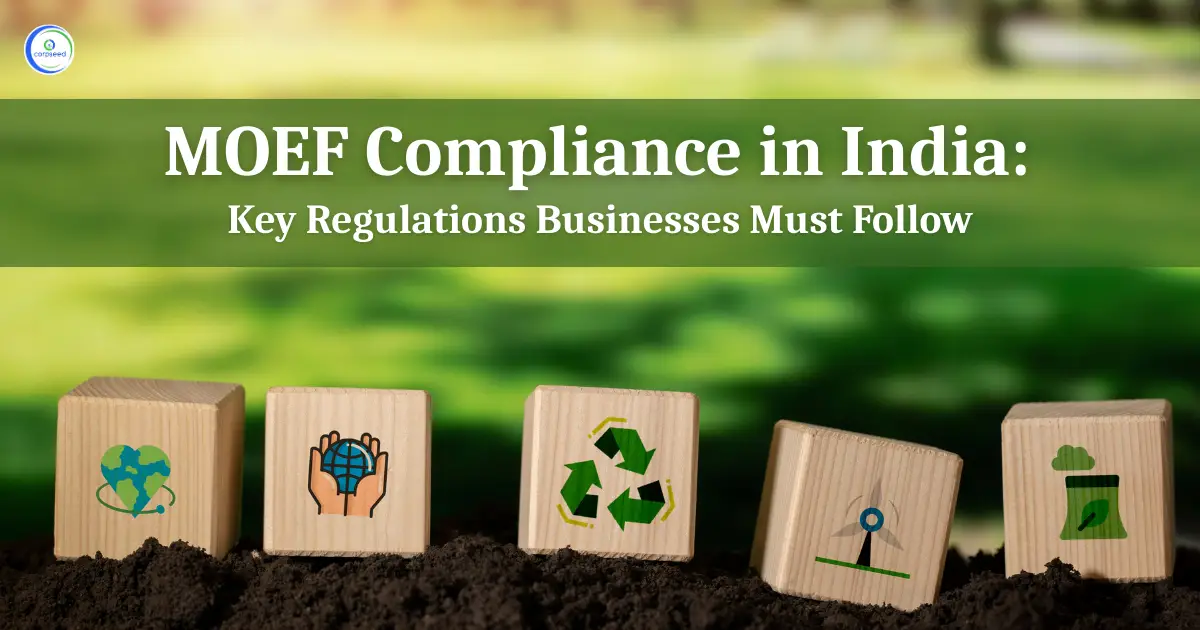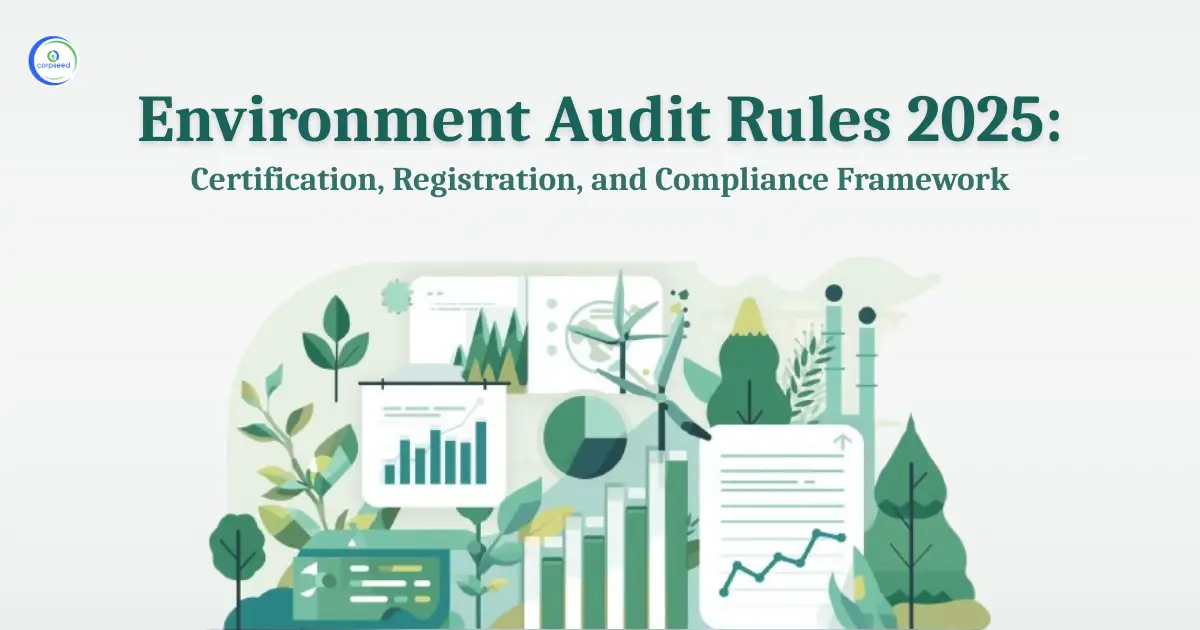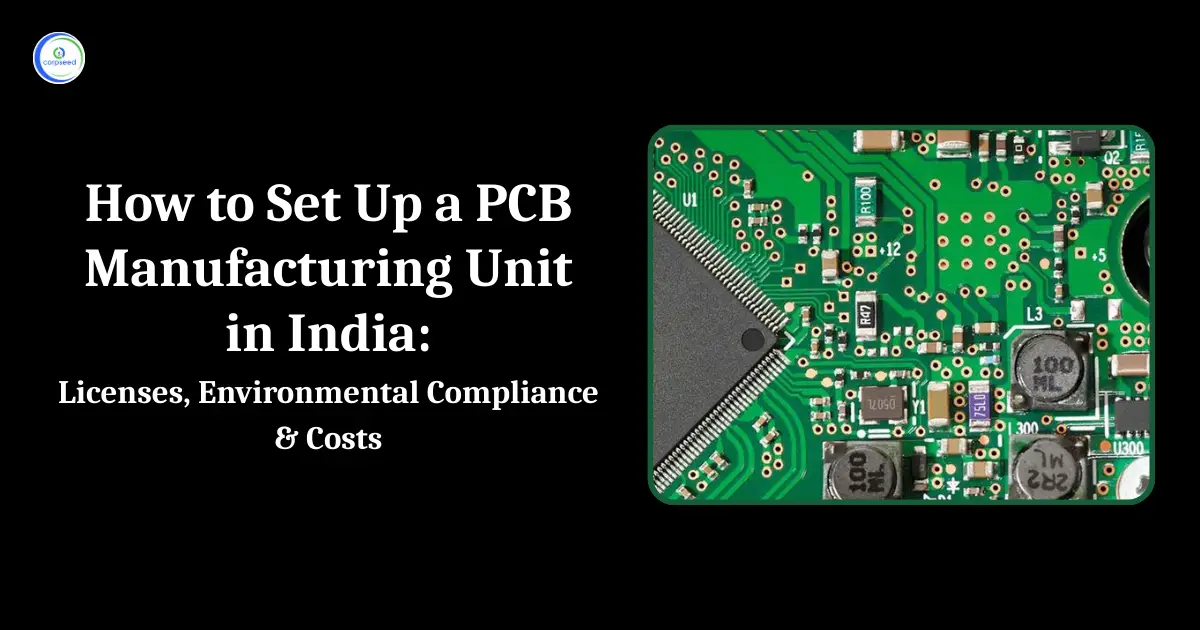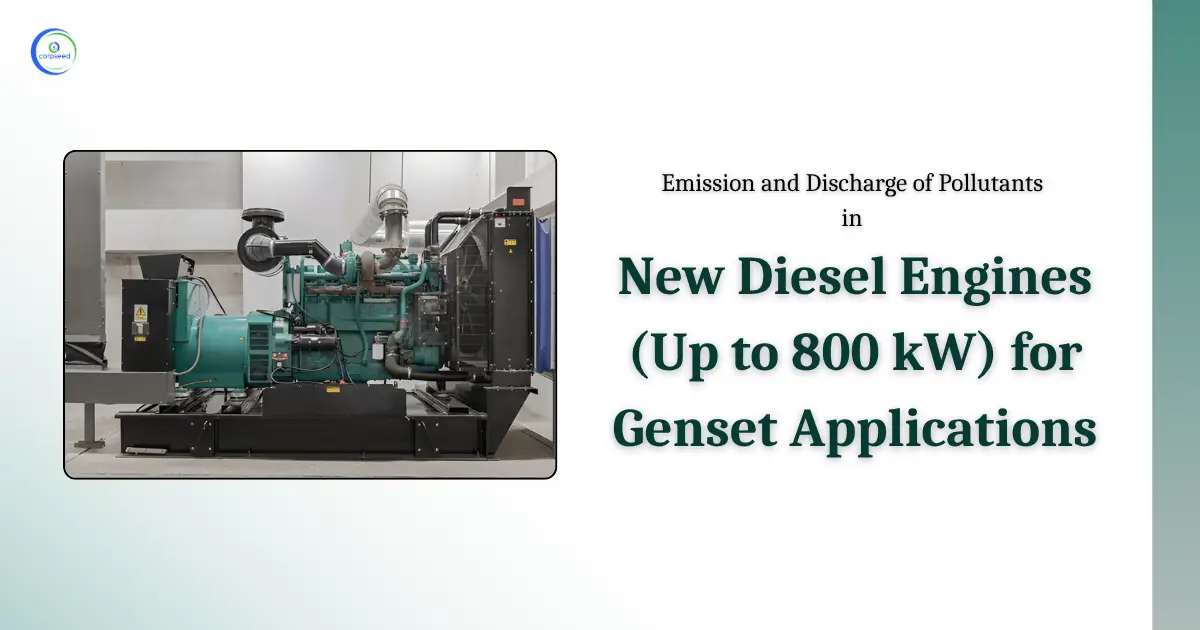The cashew seed processing industry plays an important role in the economy, especially in countries such as India, Vietnam and Brazil, where cashew nuts are produced in large quantities. However, like many other industrial processes, this sector contributes to environmental pollution. The industry produces emissions and wastewater that can harm air and water quality if not managed properly. To address these concerns, the government has implemented strict environmental standards to control emissions and waste discharges from cashew processing units. The Central Pollution Control Board (CPCB) and State Pollution Control Boards (SPCB) enforce these standards to ensure that industries operate responsibly while minimizing the impact on the environment.
Table of Contents
--------------Blog Contact Form-------------
Overview of Cashew Seed Processing Industry
The processing industry of cashew nuts consists of several stages, including roasting, shelling, hulling, and packaging. These processes require large amounts of energy and water, which can lead to air and water pollution. For example, roasting cashews produces particles, smoke, and gases that are harmful to air quality. Additionally, the water used to wash and peel cashew nuts can be contaminated with oil, grease, and other organic matter, which if left untreated, can contaminate nearby water bodies.
This pollution can be harmful to both the environment and public health. To address these concerns, the government has introduced a set of guidelines and environmental standards for the cashew processing industry. These standards govern air emissions, waste discharge, and waste management practices. Industries must comply with these standards in order to obtain environmental clearances and continue operations without harming the environment.
Regulatory Framework for Environmental Standards
CPCB (Central Pollution Control Board) and SPCB (State Pollution Control Board) are responsible for regulating and enforcing environmental standards in various industries, including the cashew seed processing industry. The primary legislation governing environmental protection in India is the Environment (Protection) Act, 1986. The Act authorizes the government to set standards for environmental pollutants, including air emissions and wastewater discharges. The Environment (Protection) Rules, 1986 provide specific guidelines for industries. These regulations set limits for various pollutants, such as particulate matter, oil, grease, and biochemical oxygen demand (BOD), and outline procedures for waste management and pollution control. Industries must meet these standards in order to obtain environmental clearances and ensure that their operations do not negatively affect the environment.
Emission Standards for the Cashew Seed Processing Industry
The cashew seed processing industry generates a variety of emissions during the roasting, drying, and opening processes. These emissions can include particulate matter, smoke, and gases, which impair air quality and contribute to pollution. To reduce the environmental impact of these emissions, the government has set specific standards for the industry.
| S.No. | Industry | Parameters | Standards | |
| 103 | Cashew Seed Processing Industry | Process | Limited Concentration in mg/Nm³ | |
| Particulate Matter | Roasting | 250 | ||
| Cooking (roasting shells/deoiled cakes as fuel) | 150 | |||
| Borma Oven Heater (roasting shells/deoiled cakes as fuel) | 150 | |||
| Stack Height | Minimum (metres) | |||
| Roasting | 20 | |||
| Cooking | 15 | |||
| Borma Oven Heater | 15 | |||
Particulate Matter (PM) Emissions
The permissible limit for particulate matter in the emissions from the cashew seed processing units is 250 mg/Nm³. This limit is set to prevent harmful particles from being released into the atmosphere, which can degrade air quality and harm human health. If roasted shells/deoiled cakes are used as fuel in the cooking process, the permissible limit for particulate matter is reduced to 150 mg/Nm³. This measure ensures that the burning of these materials does not release excessive pollutants into the air.
Stack Height
The height of the emission stack plays an important role in reducing the concentration of pollutants in the vicinity of the plant. The minimum stack height is set at 20 meters for roasting processes, 15 meters for cooking processes, and 15 meters for borma oven heaters. The higher the stack, the more effectively the pollutants are dispersed into the atmosphere, reducing their concentration near the ground.
Pollution Control Measures
Wet Scrubbers are installed to remove particulate matter and other pollutants from the exhaust gases before they are released into the air. If roasted shells are used as fuel, a bio-gasifier system must be installed to reduce emissions and minimize environmental damage.
Effluent Discharge Standards for the Cashew Seed Processing Industry
In addition to air pollution, the cashew seed processing industry also generates wastewater during various stages of processing, such as washing, peeling, and cooling. This wastewater can contain oils, greases, suspended solids, and other contaminants, which can pollute water bodies if left untreated. To address this issue, the government has established industry-specific effluent discharge standards.
| S.No. | Industry | Parameter | Standards | ||
| 103 | Cashew Seed Processing Industry | Limited concentration in mg/l , except for pH | |||
| Process | Inland surface Water | Public Sewer | Land for Irrigation | ||
| pH | 6.5 to 8.5 | 6.5 to 8.5 | 6.5 to 8.5 | ||
| Oil & Grease | 10 | 20 | 10 | ||
| BOD | 30 | 250 | 100 | ||
| Suspended Solids | 100 | 600 | 200 | ||
| Phenols | 1.0 | 5.0 | |||
- pH Value: The pH of the effluent must be maintained within the range of 6.5 to 8.5 for all discharge types: inland surface water, public sewer, and land for irrigation. This ensures that the effluent does not harm aquatic life or soil quality by being too acidic or alkaline.
- Oil and Grease: The effluent should contain no more than 10 mg/l of oil and grease for inland surface water and land irrigation. For discharge into public sewers, the permissible limit is 20 mg/l. High levels of oil and grease can pollute water bodies and harm aquatic organisms.
- Biochemical Oxygen Demand (BOD): The permissible BOD level is 30 mg/l for inland surface water, 250 mg/l for public sewer systems, and 100 mg/l for land irrigation. A high BOD level indicates a high concentration of organic matter in the effluent, which can deplete oxygen in water bodies and harm aquatic life.
- Suspended Solids: The concentration of suspended solids in the effluent should not exceed 100 mg/l for inland surface water, 600 mg/l for public sewers, and 200 mg/l for land irrigation. High levels of suspended solids can clog water filters, reduce light penetration, and damage aquatic ecosystems.
- Phenols: The permissible concentration of phenols in the effluent is 1.0 mg/l for inland surface water and 5.0 mg/l for public sewers. Phenols are toxic chemicals that can harm both aquatic life and human health.
Importance of Compliance with Environmental Standards
Environmental compliance is not just a legal requirement; it is essential for the sustainability of the cashew seed processing industry and the well-being of the environment. Adhering to emission and effluent discharge standards helps ensure that the industry operates in an environmentally responsible manner. Below are several key reasons why compliance is important:
- Environmental Protection: Adhering to environmental standards ensures that pollutants are controlled, preventing harm to air, water, and soil quality. This helps protect ecosystems and biodiversity for future generations.
- Public Health: Reducing pollutants in air and water helps lower health risks such as respiratory diseases and waterborne infections. Compliant industries contribute to healthier communities by minimizing harmful emissions and effluents.
- Legal Compliance: Following the rules helps industries avoid legal penalties, fines, and potential shutdowns. Meeting the required environmental clearance criteria ensures that operations remain uninterrupted and within legal boundaries.
- Financial Benefits: Industries that comply with environmental regulations reduce the risk of costly fines. They also attract investors and clients who value sustainability, boosting their financial standing and business opportunities.
- Sustainable Business Practices: Demonstrating environmental compliance through responsible practices enhances a company’s reputation. Eco-friendly initiatives attract conscious consumers and improve brand loyalty, paving the way for long-term success.
- Operational Efficiency: Installing pollution control systems like wet scrubbers and bio-gasifiers reduces waste and improves resource utilization. These efforts lead to cost savings, enhanced efficiency, and lower operational costs, benefiting both the environment and the bottom line.
Conclusion
The cashew seed processing industry plays a key role in the global economy but must manage its environmental impact responsibly. The emission and effluent discharge standards set by the CPCB and SPCB ensure that the industry operates in an environmentally sustainable manner. Compliance with these standards is essential for reducing air and water pollution, protecting public health, and maintaining environmental balance. Additionally, adhering to environmental compliance regulations promotes sustainable business practices, legal safety, and operational efficiency. By following the prescribed standards, the cashew processing industry can continue to thrive while minimizing its environmental impact and contributing to a cleaner, healthier planet.
This portion of the site is for informational purposes only. The content is not legal advice. The statements and opinions are the expression of author, not corpseed, and have not been evaluated by corpseed for accuracy, completeness, or changes in the law.
BOOK A FREE CONSULTATION
Get help from an experienced legal adviser. Schedule your consultation at a time that works for you and it's absolutely FREE.


.webp)





_Corpseed.webp)
.webp)